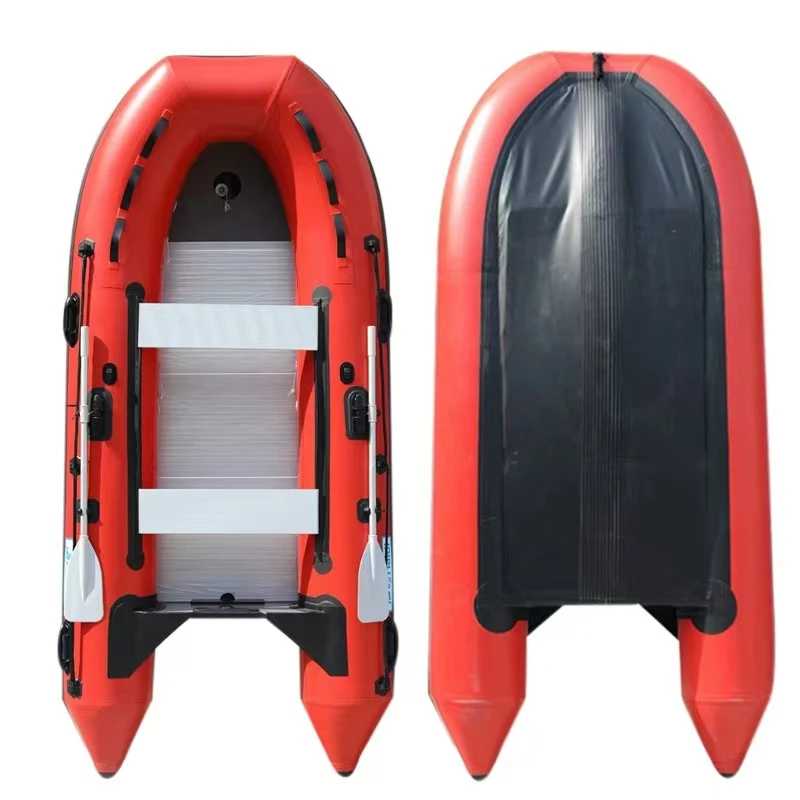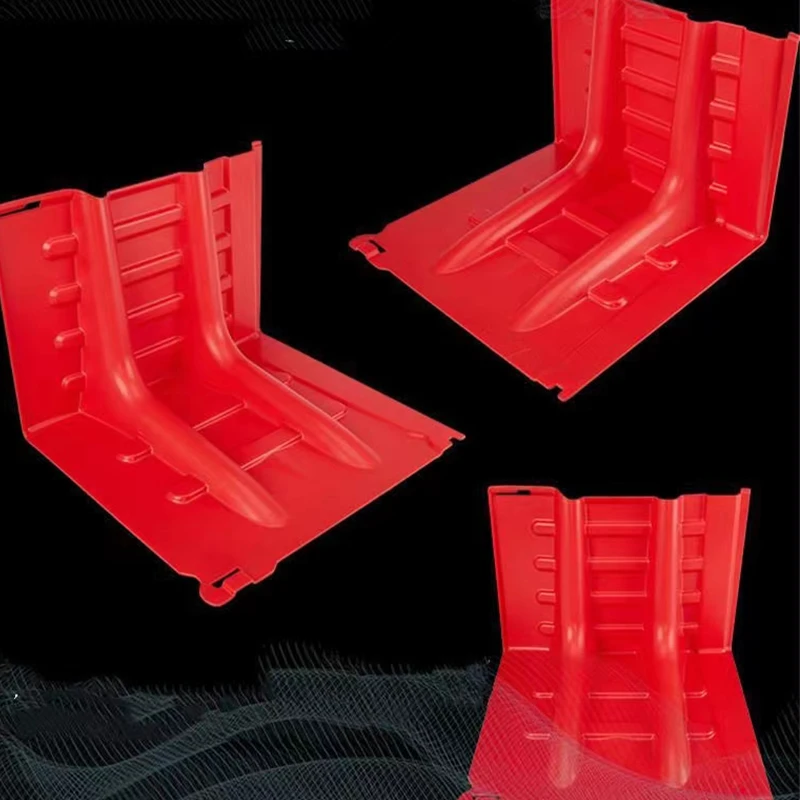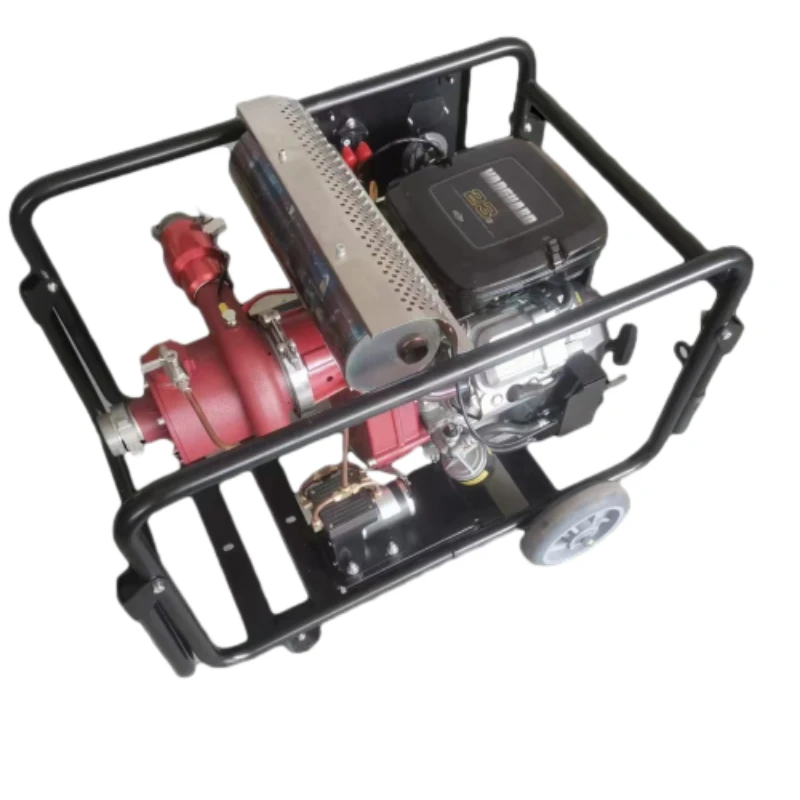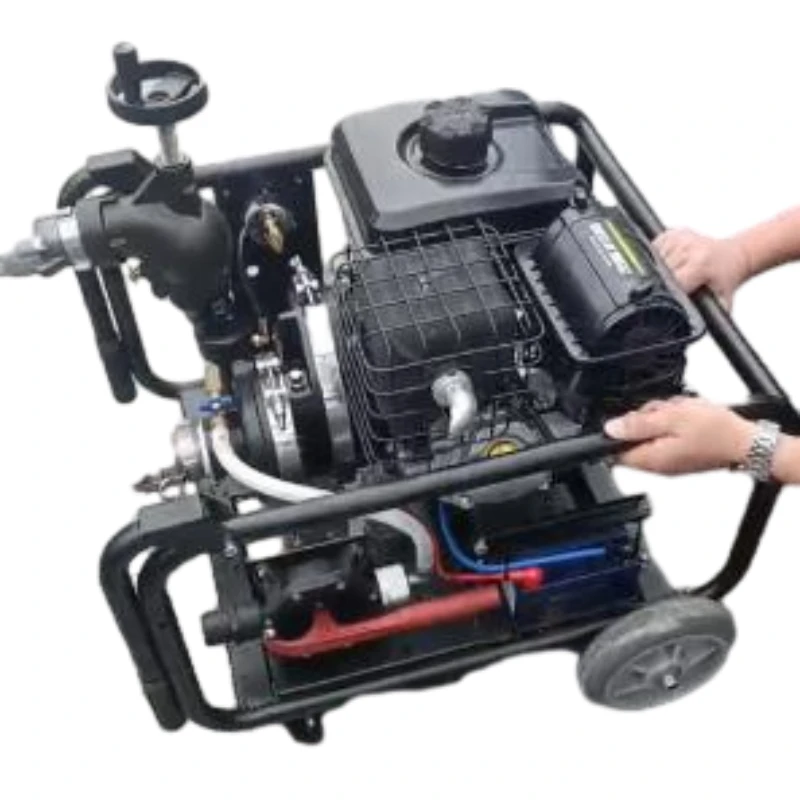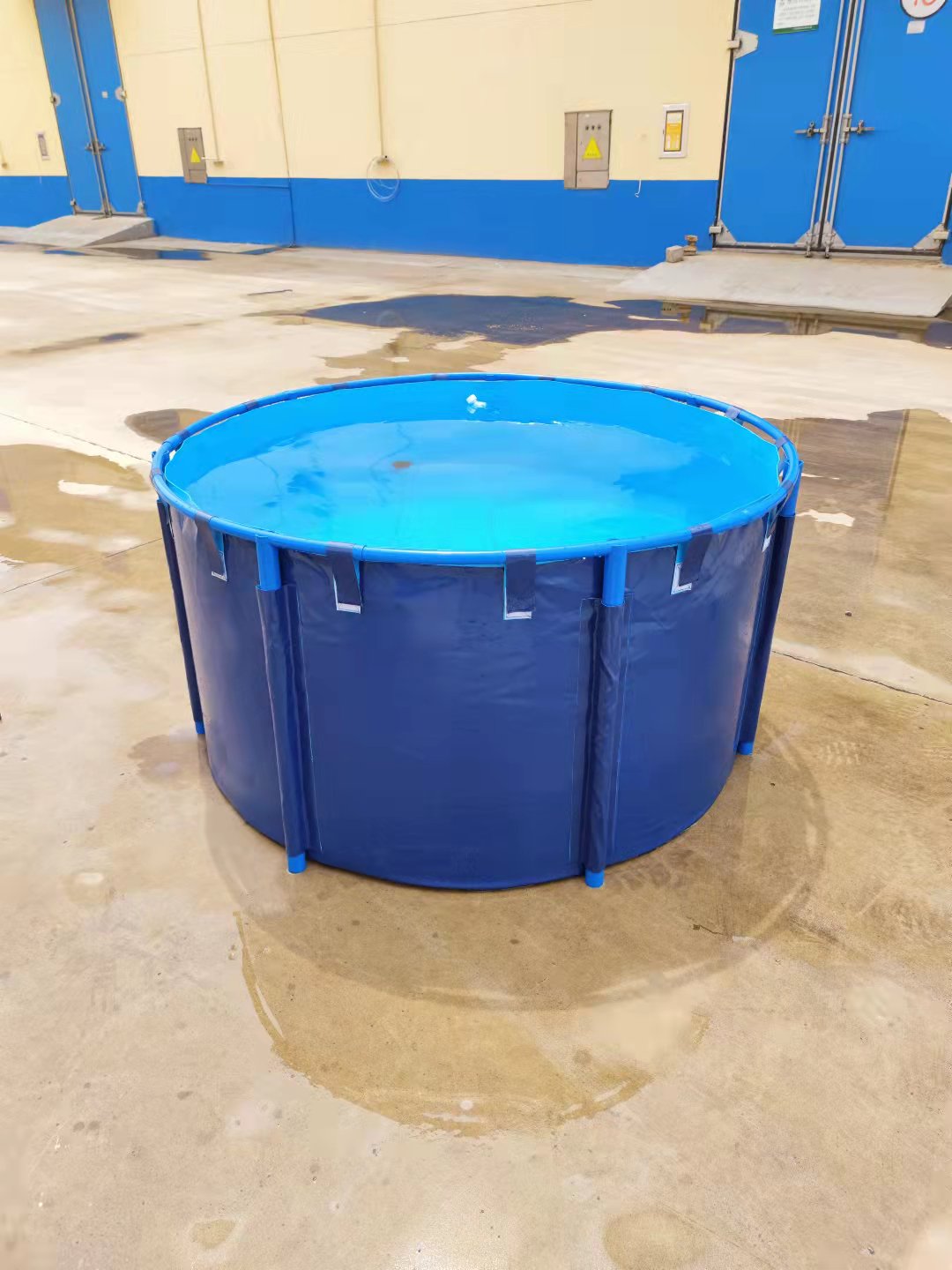The Growing Importance of Lightweight Diesel Water Pumps in a Changing World
You might not think about water pumps much—except perhaps when your garden sprinkler refuses to budge—but lightweight diesel water pumps are quietly shaping industries and humanitarian missions worldwide. From disaster relief to remote construction sites, these compact yet powerful machines ensure that water moves where it’s needed, reliably and efficiently.
Understanding the nuances of lightweight diesel water pumps matters more than ever. With global water challenges rising—think urban expansion plus climate change—having portable, durable pumps ready for action could make or break recovery efforts or industrial operations. So, this article dives into what makes these pumps tick, why their design is crucial, and where they fit in the bigger picture.
Why Lightweight Diesel Water Pumps Matter Globally
According to UN water scarcity reports, by 2025, roughly two-thirds of the world’s population could face water stress. Now, imagine emergency teams needing to get usable water flowing on the fly, or construction crews pumping out groundwater miles from power grids. Heavy, bulky pumps just won’t cut it.
Lightweight diesel water pumps solve this problem—they’re portable enough for quick deployment and yet powerful enough to handle demanding water transfer jobs. Engineers describe them as a practical "sweet spot" between mobility and efficiency. Plus, their diesel engines are often more fuel-flexible and reliable than electric alternatives in remote contexts.
Still, challenges like emissions regulations and logistics continue pressing the industry to innovate. But for now, these pumps enjoy widespread use in industries where time, distance, and power matter.
What Exactly Is a Lightweight Diesel Water Pump?
Simply put, a lightweight diesel water pump is a diesel-powered pump designed with portability as a top priority. Think compact frames, reduced weight (usually under 80 kg for many models), and rugged construction. They’re used to move water quickly over short or long distances, often where electricity isn’t available or reliable.
Whether for pumping irrigation water on farms, draining flood zones, or supplying water to firefighting teams, their versatility is key. Modern lightweight diesel pumps mesh engineering toughness with form-factor finesse.
Mini Takeaway:
These pumps are the reliable workhorses when you need strength teamed with simplicity and portability.
Key Features That Define Their Practical Edge
Durability
Out in harsh environments—think dusty fields or muddy flood zones—the pump’s components need to take a beating. Cast iron pump bodies, corrosion-resistant elements, and fuel-efficient diesel engines make sure they keep pumping hour after hour.
Portability
By stripping non-essential bulk and using lightweight alloys or plastics in the frame or casings, many manufacturers keep weights manageable. Some fit within backpacks or small carts, easing transport across rough terrain.
Efficient Fuel Consumption
Diesel remains a popular choice for fuel economy and energy density. Many lightweight pumps optimize combustion to stretch every drop, which matters hugely for operations far from fuel stations.
Ease of Operation and Maintenance
Intuitive controls, quick-access filters, and simple spark-plug systems mean even field technicians new to the pump can get it running without fuss.
Scalability
From small 2-inch hose applications to larger setups, lightweight diesel pumps scale well with performance options for different flow rates and pressures.
Noise and Emissions Control
Modern designs often incorporate mufflers and advanced fuel injectors to keep noise and pollution within limits, critical especially for urban use or sensitive environments.
Mini Takeaway:
- Durability and portability are the headline traits.
- Fuel efficiency and easy maintenance make the pumps field-friendly.
- Emission standards nudging innovation toward cleaner tech.
Typical Uses: From Disaster Zones to Industrial Projects
It’s no coincidence that lightweight diesel water pumps often pop up in disaster relief, agricultural irrigation, firefighting, and even mining operations. A few prime examples:
- Post-Disaster Relief: After floods in Southeast Asia, NGOs use lightweight pumps to drain waterlogged neighborhoods and supply clean water quickly.
- Remote Industrial Sites: In Canada’s far north, mining companies deploy these pumps to manage groundwater without relying on fragile electrical infrastructure.
- Agricultural Irrigation: In Sub-Saharan Africa, diesel pumps serve farmers needing reliable water transfer through varying terrains.
- Firefighting Units: Portable water pumps assist in rural or forest fire suppression where traditional hydrants don’t exist.
Lightweight Diesel Water Pump: Typical Specification Table
| Specification | Value |
|---|---|
| Engine Type | Single-cylinder diesel, air-cooled |
| Max Flow Rate | 400 liters per minute |
| Max Head (Lift) | 30 meters |
| Weight | 78 kg |
| Fuel Tank Capacity | 5 liters |
| Noise Level | 68 dB at 1 meter |
Comparing Top Lightweight Diesel Water Pump Vendors
| Vendor | Weight (kg) | Max Flow (L/min) | Fuel Efficiency | Average Price (USD) |
|---|---|---|---|---|
| Alpha Pumps | 75 | 370 | 9 L/hour | $950 |
| Streamline Pumps | 80 | 400 | 8.5 L/hour | $1,100 |
| HydroTec | 70 | 350 | 9.2 L/hour | $980 |
The Long-Term Value of Lightweight Diesel Water Pumps
There’s something reassuring about a piece of equipment that works when you need it. These pumps deliver not just water, but a form of trust. For field operators, that’s everything. The cost savings from fuel efficiency add up, and fewer breakdowns reduce expensive downtime.
Socially, they enable fundamental dignity: access to clean water, flood management, or fire response. Environmentally, compact pumps require less transport energy, and manufacturers increasingly explore biodegradable lubricants and cleaner diesel tech.
In terms of innovation, the steady integration of digital diagnostics and IoT sensors anticipates smarter maintenance scheduling—cutting costs and extending lifespan.
Future Trends Shaping Lightweight Diesel Water Pump Technology
The next wave likely involves hybrid powertrains combining diesel with battery assistance to cut emissions and noise. Manufacturers experiment with lightweight composites to further trim weight, making them almost as easy to carry as a large backpack.
Digitization is also gaining traction: remote monitoring via apps and GPS allows managers to track pump health and optimize deployment live, especially for humanitarian missions. And with stricter emissions standards worldwide, expect more sophisticated exhaust treatments and alternative biofuels entering the mix.
Challenges and How to Overcome Them
Diesel pumps come with their own hurdles. Emissions, noise, and fuel availability can limit use in some urban or ecological zones. Also, the pumps’ performance can degrade in very cold climates without proper winterization.
Manufacturers are addressing these with modular exhaust scrubbers, sound insulation, and fuel additives suited for extreme conditions. NGOs often pre-position fuel caches or use multi-fuel-compatible engines to ease logistics.
Training operators to conduct regular checks is arguably the simplest and most effective way to prolong pump life. This is something many organizations overlook until it’s too late.
Frequently Asked Questions About Lightweight Diesel Water Pumps
1. How portable are these pumps for emergency relief missions?
Lightweight diesel water pumps typically weigh between 70 to 80 kilograms, with some models designed to be split or fitted with carrying handles and carts. This allows teams to transport them quickly over uneven terrain without heavy machinery. Some compact variants weigh under 50 kg, making them manageable for two people.
2. Can these pumps operate continuously for long periods?
Yes, many models are designed for continuous operation of up to 8 hours on a single tank of diesel. However, regular maintenance is essential to prevent overheating and wear. Fuel efficiency and engine cooling features play a big role in sustained performance.
3. Are lightweight diesel water pumps environmentally friendly?
While diesel engines naturally produce emissions, modern pumps come with improved combustion tech and mufflers to reduce noise and pollutants. Additionally, some brands are experimenting with bio-diesel compatibility and hybrid systems to enhance eco-friendliness.
4. What kind of maintenance do these pumps require in the field?
Routine checks include inspecting fuel and air filters, oil levels, and pump seals. Keeping the impeller free of debris is critical. Many models feature tool-less access panels to speed up maintenance. Training in these procedures vastly improves reliability.
5. Can the pumps handle dirty or silt-laden water?
Some lightweight diesel pumps are designed with abrasion-resistant impellers and wider intake screens to handle suspended solids. However, pumping heavily muddied water can reduce lifespan and should be done with caution.
Wrapping Up: Why This Pump Might Be Your Operational Lifesaver
In a nutshell, if you need a reliable, portable, and efficient way to move water—whether for emergency response, agriculture, or industrial use—the lightweight diesel water pump stands out. It’s a tool that brings tangible operational freedom, offering both emotional peace of mind and pragmatic advantages long-term.
Ready to explore top models and see how they fit your needs? Visit our website for detailed specs, expert advice, and supplier connections: light weight diesel water pump.









